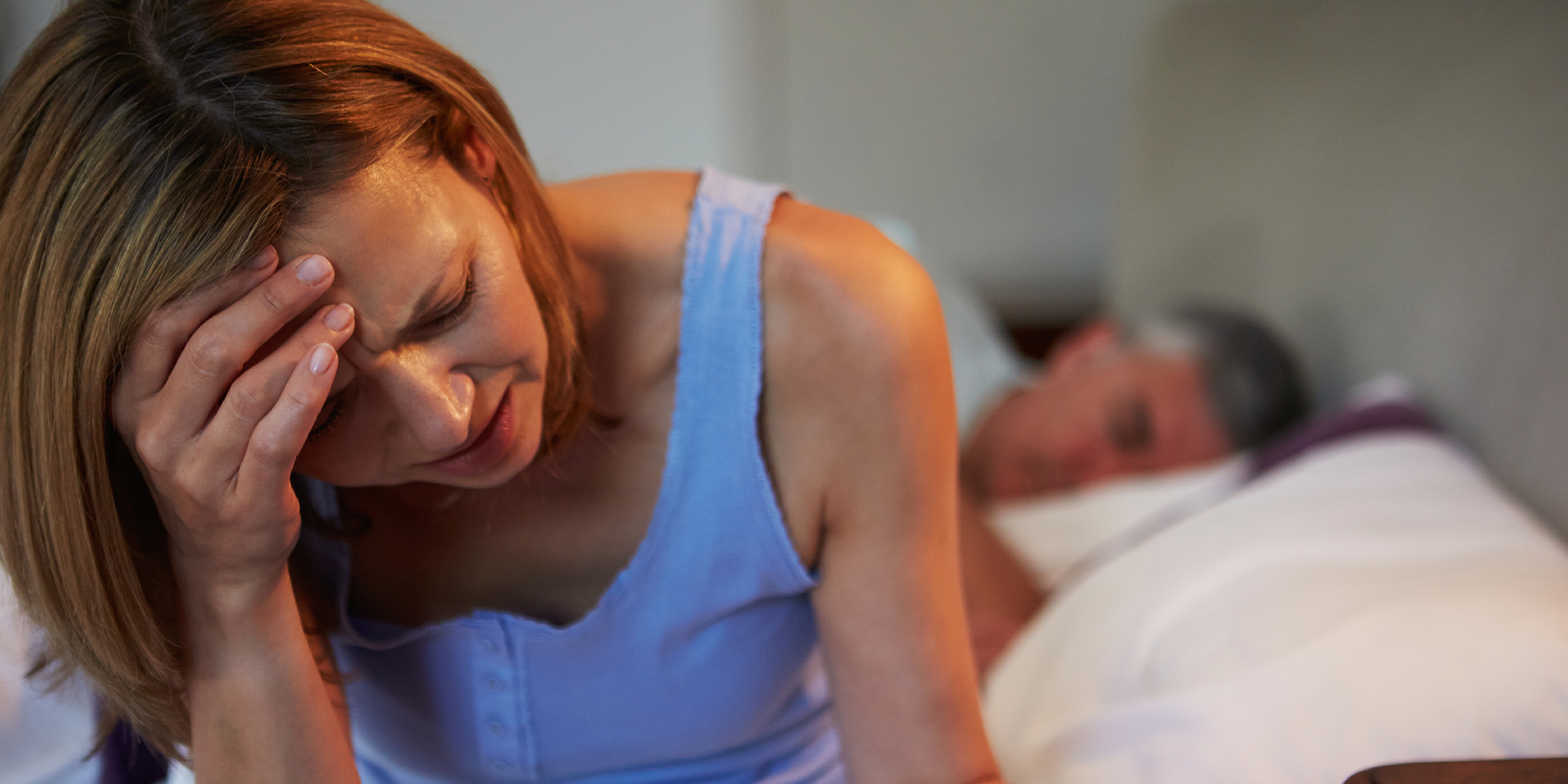Sleep Epidemic: Sleep Deprivation in America

It seems like there’s never enough time in the day to get everything done, and often it feels like there’s more and more to do. Schedules are fuller, lives are busier, and as a result it can be hard to create a routine that prioritizes a healthy night of sleep on a regular basis. A hectic lifestyle is one of the factors contributing to sleep deprivation, which was called a public health epidemic by the Centers for Disease Control and Prevention (CDC) in 2014.
The Effects of Sleep Deprivation
SleepScore Labs’ data recently showed that Americans are sleeping less than 7 hours per night, on average, which is less than the amount recommended by sleep experts. The effects of sleep deprivation are widespread and have a dramatic impact on public health and safety. For example, insufficient sleep is associated with impaired alertness and decision-making. In fact, researchers have found that after only 20 hours without sleep, cognitive and motor performance is comparable to having a blood alcohol content (BAC) of 0.08% (equivalent to about four to five drinks and the legal limit in most states).
There are some similarities when looking at drunk driving vs. sleepy driving when it comes to risks. A study by the AAA Foundation for Traffic Safety found that sleeping less than six hours doubled the risk of being involved in a car crash when compared to those sleeping 8 hours or more. Drivers who reported sleeping less than 4 hours also had over 15 times the odds of being culpable for crashes. Interestingly, sleeplessness in the springtime when Daylight Saving Time goes into effect is associated with a 6% increase in fatal traffic accidents. The price we’re paying for not prioritizing sleep is a noticeable depletion of our mental and physical health – and, at times, even our safety.
Researchers have also linked sleep deprivation to increased risk of disease including higher rates of obesity, heart disease, stroke, dementia, and more frequent feelings of distress and negative moods. At work, sleep-deprived employees have been shown to be less engaged, participate more often in unethical behaviors, and perform worse overall than their well-rested counterparts. Additionally, sleep-deprived people are less creative and less effective when making decisions.
In short, not getting enough sleep has drastic effects on an individual’s ability to think clearly and for the body to function optimally, leading to a myriad of health and wellness-related consequences over time.
How Did This Happen?
Some people struggle with sleep deprivation due to having a sleep disorder, but there are non-medical reasons for sleep deprivation that are more common. Simply put, the typical American schedule is not conducive to maintaining healthy sleep habits. We stay up late catching up on work or socializing, and we get up early for work or to get the kids ready for school. Unfortunately, these hectic routines usually start early in life due schools starting early in the morning. Teenage years are marked by a shift in circadian rhythms (natural sleep cycles) such that teens naturally struggle to fall asleep before 11 pm. This can mean not enough sleep, given that many high schools start at or before 8:00 a.m. This pattern of early morning schedules typically continues into adulthood. As a result, people who need to spend time getting ready in the morning, as well as people who spend time commuting in the morning, must maintain a strict, early bedtime to get an adequate amount of sleep.
A different type of schedule that affects the sleep of some adults is shift work – a situation where employees may have to work at night or other “off-hour” times. Links between night work and health problems are increasingly being acknowledged; these may be caused by the effects of extended or insufficient light exposure, circadian disruption, and sleep deprivation. For shift workers there can be negative social consequences too, given that most of the world is operating on a different schedule.
More recently, the prevalence of personal electronic devices and our incessant use of them close to bedtime may be disrupting sleep. Personal electronics typically use blue light to affect the brightness of the screens on our smartphones, tablets, and TVs. Exposure to bright light, particularly blue wavelength light, at night can disrupt sleep patterns but can be reduced with blue light blocking glasses or blue light filtering screens.
Lastly, most people are not very familiar with scientifically-based information about sleep health and sleep solutions. SleepScore Labs is here to help! Using the SleepScore App or SleepScore Max can help identify sleep issues and provides personalized, actionable advice for sleep improvement.
What Can We Do About It?
Education about the importance of sleep is a first step, followed by making sure we’re prioritizing the importance of getting sufficient, high quality sleep. By studying sleep, we can learn new, adaptive ways to combat sleeplessness and greatly improve quality of life around the world. Proper sleep is as essential to good health as eating well and getting exercise. The CDC makes these recommendations:
- Establish later start times for middle and high schools
- Impose stronger regulations on work hours
- Eliminate Daylight Saving Time
- Educate the public about sleep health, and how digital devices without blue light blocking screen protectors can negatively impact sleep patterns
- Improve access to at-home sleep diagnostic tools
New sleep improvement products are on the horizon. For example, in recent years, we’ve seen many consumers turning to CBD to help with sleep; however, further research is still needed to fully understand its effects.
We can start prioritizing sleep health for the next generation by teaching children and adolescents about sleep, allowing them to begin healthy sleep practices early in life and carry these habits into adulthood. We can reshape the conversation around sleep to focus on how to improve sleep rather than accepting poor quality sleep and inadequate amounts of sleep as facts of life.